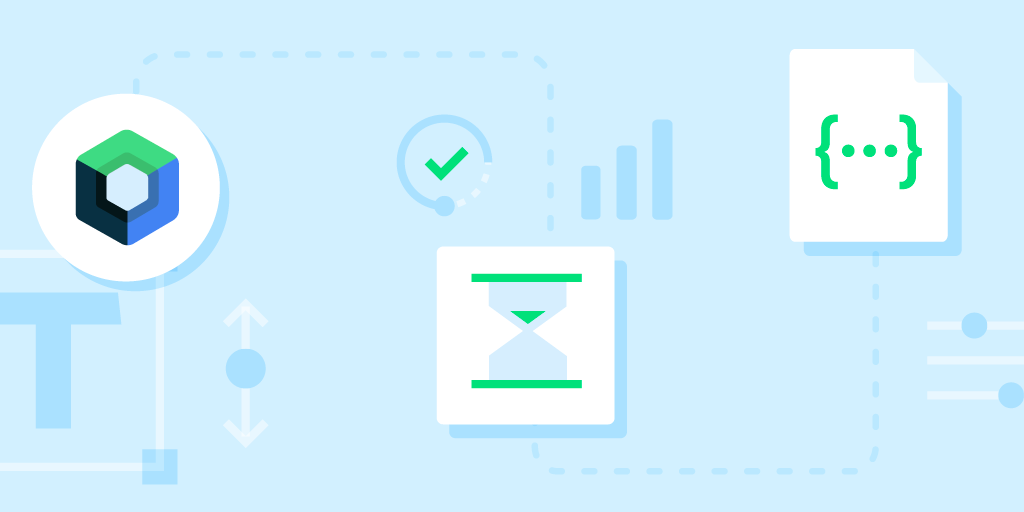 ☰
🔍
☰
🔍
২৩ মে ২০২২

Posted by Nick Butcher, Developer Relations Engineer

Our goal is to make developing beautiful and engaging Android apps as fast and easy as possible. We want to take on the complex parts of building apps so that you can focus on your app’s features and deliver high quality experiences to your users.
We call this approach Modern Android Development (or MAD for short!) and deliver it through a suite of tools, libraries and guidance. At Google I/O we announced a number of updates and additions to our MAD offerings; here’s a recap of the three largest announcements.
Jetpack Compose 1.2 reaches the first Beta, which means the API is stable. We continue to build out our roadmap, bringing the APIs you need to support more advanced use cases like downloadable fonts, LazyGrids, window insets, nested scrolling interop, and more tooling support with features like LiveEdit, Recomposition counts in the Layout Inspector and Animation Preview. Learn more about how developers like Airbnb are improving their productivity with Jetpack Compose, and check out what else is new in Compose.
Baseline profiles allow you to embed a profile to guide the Android Runtime about which code paths should be pre-compiled rather than interpreted, which could dramatically impact critical user journeys like app startup. This is especially significant when using unbundled libraries like Jetpack Compose which don’t benefit from optimizations in platform code.
Many Jetpack libraries (including Jetpack Compose) already ship baseline profiles, but you can learn how to add them to your own apps and libraries to boost their performance. We've seen up to 40% faster app startup times thanks to adding baseline profiles alone, no other code changes required!
With Live Edit you can edit composables and view those changes in real time, on the Compose Preview or on physical devices or emulators, enabling rapid iteration. Live Edit is an opt-in experimental feature in Android Studio Electric Eel, with a number of limitations. Please try it out and provide your feedback.
Those were the top three announcements about Modern Android Development at Google I/O. To learn more, check out the full playlist of talks and workshops.